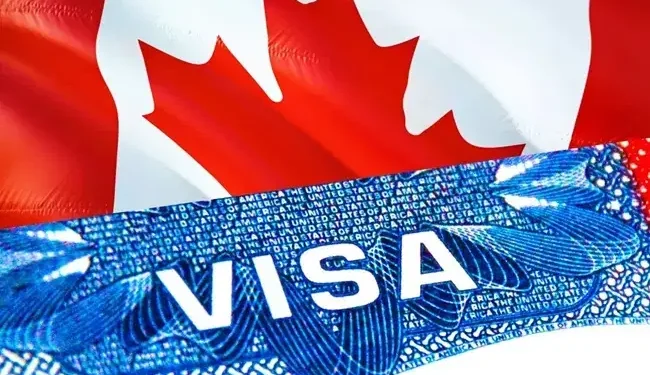Embarking on the journey to Canadian Permanent Residency (PR) can be a significant milestone, and the interview process is a crucial step in determining whether you’ll be allowed to settle in Canada.
Immigration officers use the interview to assess various factors like your intent, adaptability, and potential to contribute positively to Canadian society.
Although each interview is unique, certain questions are frequently asked. Being prepared with genuine, thoughtful answers is essential to boost your chances of success.
Below are the eight most common questions you might face during your Canada PR visa interview, along with advice on how to respond.
1. Why Have You Chosen Canada?
This question aims to gauge your motivation for selecting Canada as your new home. Officers want to understand what draws you to the country compared to other destinations and ensure your intentions align with Canadian values and immigration goals. When answering, be clear about your reasons, such as Canada’s quality of life, career prospects, or diverse cultural environment.
2. How Will You Integrate into Canadian Society?
Canadian society is diverse, and this question tests your preparedness to become part of it. Officers want to know if you’ve researched and planned how you’ll adapt to Canadian culture.
Think about your understanding of Canadian norms and values and express your openness to learning and participating in community activities, whether through education, work, or social engagements.
3. What Challenges Do You Expect in Canada?
Every immigration process comes with its share of challenges. This question assesses your awareness of the obstacles you might face and how you plan to overcome them.
Be honest about potential hurdles, such as adjusting to a new climate, finding suitable employment, or establishing yourself socially, and outline your strategies to tackle these challenges.
4. How Will Your Skills Contribute to Canada’s Economy?
Canada actively seeks immigrants who can add value to its economy. Officers will want to know how your skills, experience, and education match the country’s economic needs.
Make sure to link your qualifications to the demands of the Canadian job market, particularly in areas where there is a skills shortage.
5. What Will You Do if You Can’t Find a Job Immediately?
This question evaluates your adaptability and problem-solving abilities. Canada recognizes that job searches can take time, so the officer will want to see if you’re prepared for a period of unemployment.
Discuss your strategies for staying active, such as volunteering, networking, or gaining additional qualifications while looking for work.
6. What is Your Overseas Travel History?
This question delves into your travel background to understand your experiences and behavior in other countries.
Immigration officers often look for consistency between your travel records and your statements, so ensure your travel history is accurately documented and be ready to explain the purpose of your trips.
7. Have You Had Any Major Health Issues?
This question is standard for public health and safety considerations. Canada has strict health guidelines for admitting immigrants, especially if certain health conditions may affect your ability to contribute to society or strain public resources.
Be honest about any previous medical issues, but also explain any treatments or resolutions.
8. What Are Your Long-Term Goals in Canada?
Lastly, officers will want to understand your vision for your future in Canada. Whether you’re seeking work, education, or family reunification, this is your chance to outline your long-term objectives.
Emphasize your desire to establish a stable, fulfilling life in Canada and contribute to the country’s growth in the years to come.
By preparing for these common interview questions and answering them with confidence and clarity, you’ll significantly improve your chances of obtaining a Canadian Permanent Residency visa.
Remember, immigration officers want to ensure that you can integrate well and contribute to Canada’s prosperity—so take the time to think through these topics before your interview.











